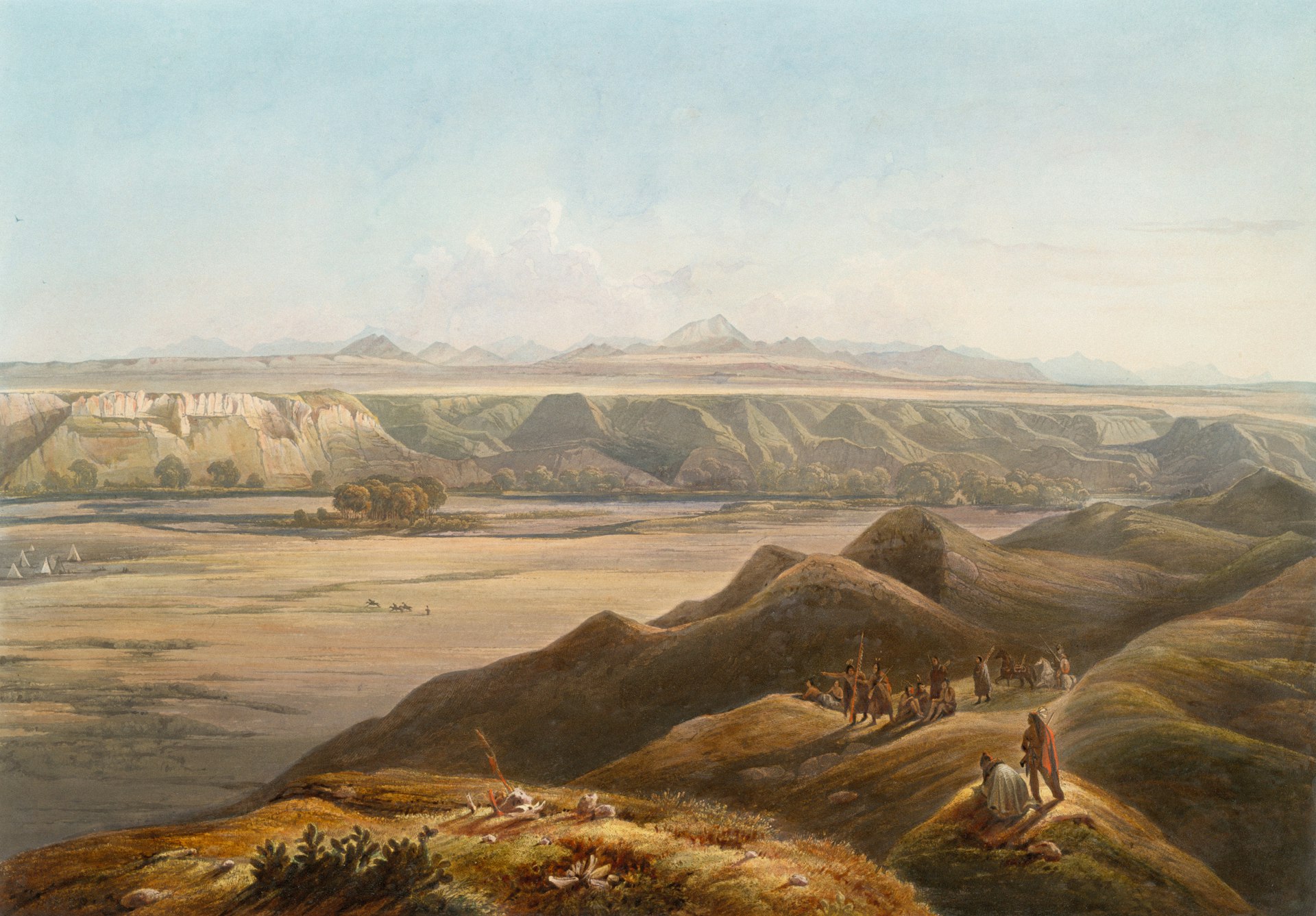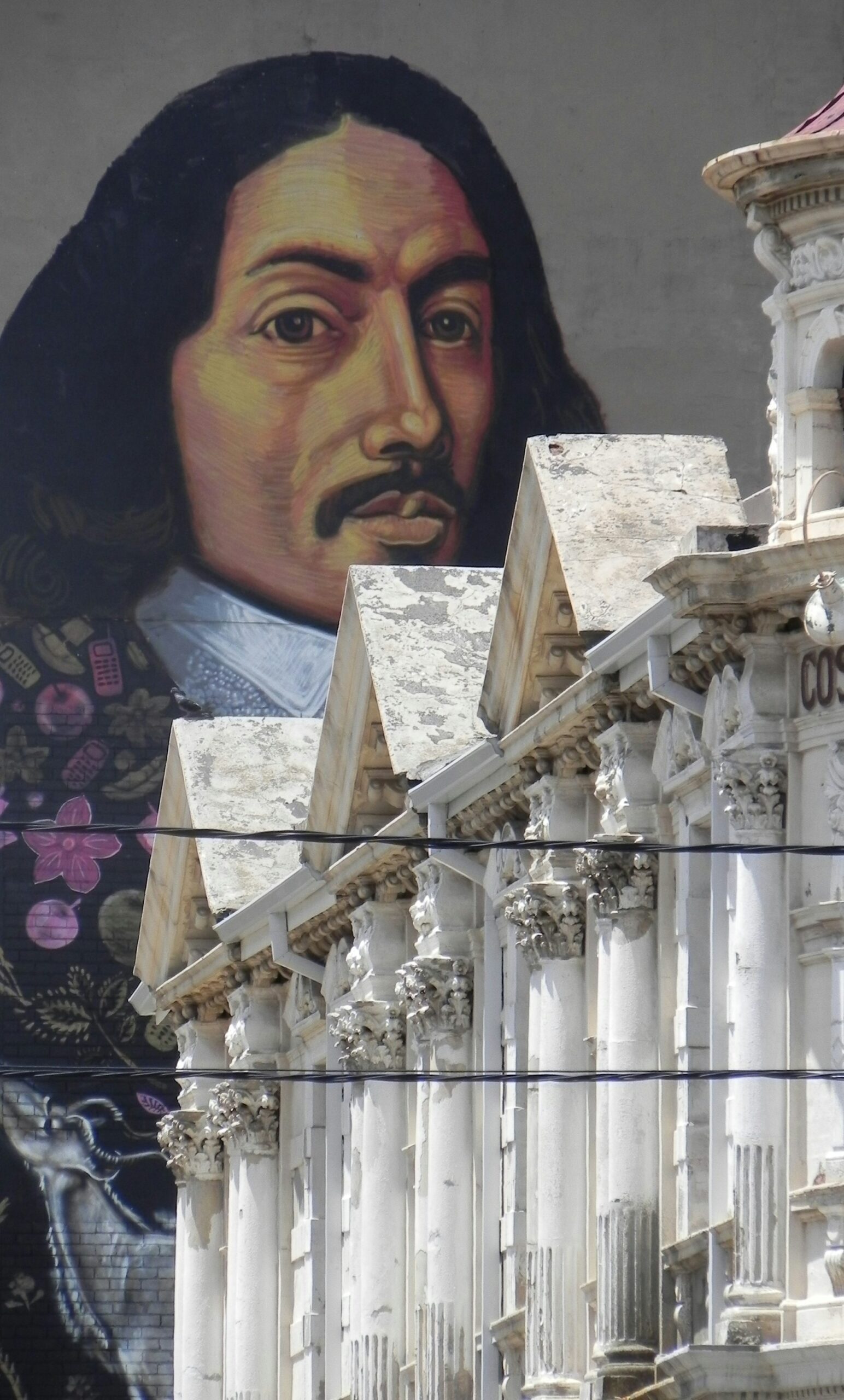The Rise and Legacy of the French Colonial Empire: Expansion, Impact, and Pathways for Further Research

Photo by Bogomil Mihaylov on Unsplash
Introduction
The history of the French colonial empire spans over four centuries, leaving a profound impact on the political, economic, and social landscapes of multiple continents. From its early settlements in North America to its dominance in Africa and Southeast Asia, the French empire shaped global trade, cultural exchanges, and postcolonial societies. Understanding this history provides valuable insights for researchers, educators, and anyone seeking to comprehend modern international relations and cultural dynamics.
Origins and Early Expansion
The foundation of the French colonial empire can be traced to the early 16th century, with maritime explorations by Giovanni da Verrazano and Jacques Cartier. However, consistent colonial efforts emerged only in the early 17th century, notably with the establishment of Port Royal in Acadia (Nova Scotia, Canada) in 1605 and Quebec in 1608 by Samuel de Champlain. These settlements marked the beginning of France’s sustained colonial presence in North America, known as New France [3] . The empire initially focused on the fur trade and alliances with Indigenous nations, but faced significant challenges from established Spanish, Portuguese, and British interests.
French colonial ambitions soon extended to the Caribbean, where by the mid-17th century, France controlled several islands including Guadeloupe and Martinique. These colonies became centers of sugar production, heavily reliant on enslaved African labor. The establishment of caste-based societies, with officials and large planters at the top and enslaved people at the bottom, set a pattern for French colonial administration in the region [4] .
Growth and Global Reach
By the late 17th century, the French colonial empire had become the second largest in the world after Spain, covering over 10 million square kilometers at its peak in 1680 [5] . In North America, however, French influence remained limited compared to British settlements, both in population and economic activity. The Treaty of Utrecht (1713) saw France lose significant territories in the Americas, including Acadia, to the British [3] .
Caribbean colonies, notably Saint-Domingue (modern Haiti), became economic powerhouses due to sugar and coffee exports, but were also sites of brutal slavery. In the 18th century, the French empire expanded into South America (French Guiana) and the Indian Ocean (Réunion, Mauritius), but these territories generally remained less developed and populated.
19th Century Expansion: Africa and Asia
The 19th century marked the rise of the Second French Colonial Empire, characterized by rapid expansion in Africa and Asia. The conquest of Algeria began in 1830 with a massive military invasion and was consolidated over several decades. The colonization process involved violent suppression of resistance, land confiscations, and the imposition of segregationist policies. The conquest led to the deaths of between 500,000 and 1,000,000 Algerians through war, famine, and disease, profoundly affecting the region’s demographic and social fabric [2] .
French ambitions also extended to Southeast Asia, with the colonization of Vietnam starting in 1858, followed by Cambodia in 1863 and Laos in 1893, forming French Indochina. In the Pacific, French Polynesia was established in the 1880s [1] . In Africa, the late 19th century “Scramble for Africa” saw France acquire Tunisia, Madagascar, the Ivory Coast, and consolidate its holdings in French West and Equatorial Africa.
Colonial Society, Administration, and Resistance
French colonial rule typically involved centralized administration, the imposition of French legal and educational systems, and economic exploitation. Societies under French rule were often rigidly hierarchical, with European settlers at the top and Indigenous populations subject to discrimination and forced labor. Resistance to French rule was widespread and varied-from the Haitian Revolution, which led to Haiti’s independence in 1804, to protracted struggles in Algeria and Vietnam [1] .
These conflicts had lasting consequences. The Haitian Revolution, for example, inspired anti-colonial movements worldwide and forced France to reconsider its colonial policies. In Algeria, the struggle for independence culminated in a bloody war (1954-1962), eventually leading to Algerian independence in 1962 [2] .
Decline and Legacy
By the mid-20th century, global movements for decolonization, economic changes, and the impact of two World Wars led to the gradual dismantling of the French colonial empire. Most colonies achieved independence through negotiation or conflict between the 1940s and 1960s. Although France retains some overseas territories, the era of large-scale colonial rule has ended [5] .

Photo by The New York Public Library on Unsplash
The legacy of the French colonial empire is visible today in the widespread use of the French language, legal and educational systems, and cultural influences across Africa, the Caribbean, and Southeast Asia. However, the history is also marked by violence, economic exploitation, and ongoing debates about reparations, national identity, and postcolonial development.
Accessing Further Information and Opportunities for Research
To deepen your understanding of the French colonial empire and its effects:
- Consult major academic and public libraries for books, official documents, and scholarly articles on French colonial history.
- Explore online resources offered by institutions such as the Bibliothèque nationale de France, the French Ministry of Foreign Affairs, and university history departments. You can search for terms like “French colonial empire history,” “French decolonization,” or “impact of French colonialism.”
- Consider visiting museum exhibitions dedicated to colonial history, such as the Musée du quai Branly – Jacques Chirac in Paris, which features extensive collections from former French colonies. For current hours and collections, search the museum’s official website or contact them directly.
- Many universities offer courses or seminars on colonial and postcolonial studies. You can look for these programs by searching “[university name] colonial history courses” or contacting academic advisors directly.
- If you are interested in the legacy of the French empire in specific regions, search for local history societies, cultural organizations, or digital archives focusing on those areas.
There are no direct application processes or government programs for accessing the history of the French colonial empire, but a wealth of resources is available through academic, public, and digital channels. For official French government documents, consider searching the French National Archives or the Ministry of Europe and Foreign Affairs.
Challenges and Alternative Approaches to Research
Researching colonial history can present challenges, including limited access to primary sources, language barriers, and the need to critically evaluate biased or incomplete accounts. To address these issues:
- Seek out multiple perspectives, including those from formerly colonized societies, to gain a balanced understanding.
- Use translation tools or collaborate with multilingual researchers for non-English or non-French sources.
- Consider interdisciplinary approaches, combining history with anthropology, economics, or literature, for a richer analysis.
Key Takeaways
The French colonial empire played a significant role in shaping the modern world. Its history is complex, encompassing both achievements and profound injustices. By leveraging academic, public, and digital resources, you can access a wealth of information to support research, education, or personal interest in this transformative era.
References
- [1] Colonial Architecture Project (n.d.). French Empire Timeline.
- [2] Wikipedia (2024). French Colonial Empire.
- [3] The Latin Library (n.d.). French Colonial Empires.
- [4] Encyclopædia Britannica (n.d.). Western colonialism: The French Empire.
- [5] Wikipedia (2024). Evolution of the French Colonial Empire.



